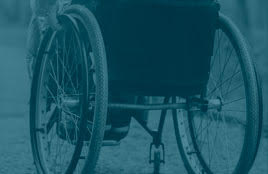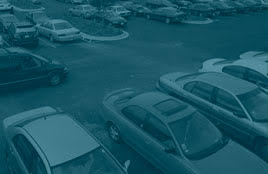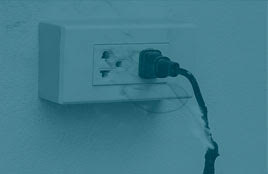Property owners are legally required to exercise a certain level of care to make sure their properties are safe for visitors. Premises liability cases include but are not limited to slip-and-falls and trip-and-falls, as well as negligent security in settings such as apartments. Our firm has recovered millions of dollars for individuals who have been injured, or even killed, due to dangerous conditions at apartment complexes, retail stores, restaurants, other public places, and occasionally private homes.
The level of care owed by a property owner depends largely on their legal relationship with the visitor. When the visitor is an “invitee” such as a customer at a business, the owner has an obligation to look for and protect against dangerous conditions that could harm the visitor. For instance, a grocery store must make sure spills are cleaned in a timely fashion so that shoppers do not unknowingly slip and injure themselves.
Even when the visitor is a “trespasser,” if the property owner knows or has reason to know the person is entering the property, the property owner has to refrain from willful or reckless misconduct that would injure the person.
Premises Liability Cases
$4.2 Million Settlement for failure to maintain property free of ice
A gentleman was on a business property and was caused to sustain a fall on black ice, resulting in serious injuries. The property owner failed to inspect the property and, in fact, their conduct caused the ice to form.
$4.1 Million Settlement where property owners’ conduct created a danger and delayed emergency services’ ability to care for tenant
A college student suffered an asthmatic attack and called 911. EMS arrived at the apartment complex where access was limited by a front gate. The security guard was not at the front gate and EMS was unable to attain immediate access to the building. Further, the large complex did not have any signs identifying the different buildings and, once EMS entered the property, they were delayed for a significant period of time in locating the tenant. As a result of EMS being unable find the resident in a timely manner, medical care could not save the resident.






